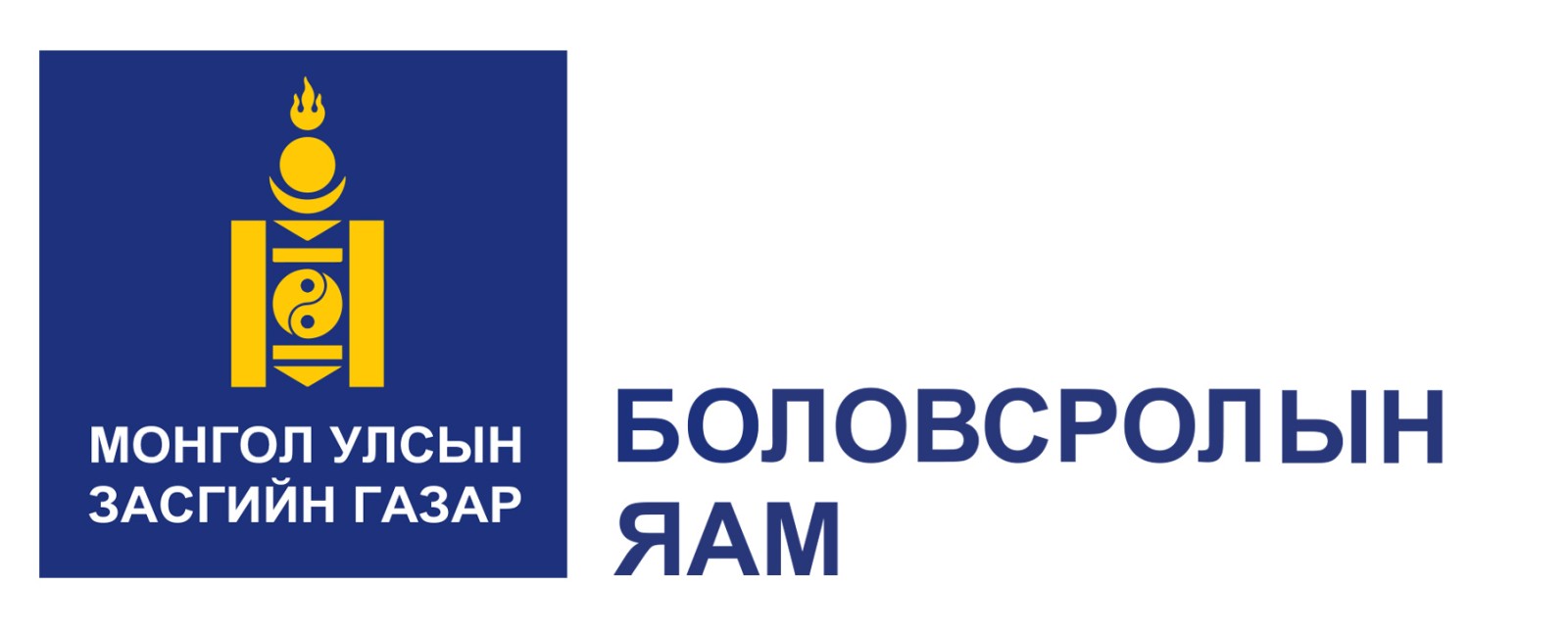Environmental Safeguar Due Diligence Report
The proposed project (57176-001) Support for Collaboration and Innovation in Science and Technology Education in Secondary Schools in Mongolia aims to transform science and IT education by equipping students and teachers with the skills, tools, perspectives, and the capacity for innovation and collaboration required to thrive in an increasingly digital world and to respond to environmental challenges that constrain resilient and sustainable development. Through an approach that emphasizes hands-on, project-based learning and the integration of artificial intelligence (AI) and sustainable development concepts, the project aims to foster future-ready learners and educators. Implemented in selected schools across Ulaanbaatar and rural areas of Mongolia, the project will directly benefit around 35,000 students, teachers, principals, and counselors—approximately 45% of whom are female. The student beneficiaries include both female and male students in both urban and rural areas, including students with disability, students from former and current herder families, and students living in ger areas. A large share of the students come from low-income families. Key interventions include strengthening teacher capacity, establishing physical and digital laboratories, introducing educational use of AI, promoting data-driven school management, enhancing soft skills such as consultation, collaboration and problem solving, and creating enabling environment for innovative learning. The project will help Mongolia build a resilient, future-ready generation of thought leaders and workforce by equipping students and teachers with the skills to meet the demands of a changing educational landscape, digital transformation, and broader socioeconomic and environmental challenges
In line with ADB’s Safeguard Policy Statement (2009), the project has undergone environmental and social due diligence. Based on the assessments, the project is classified as Category C for environment, involuntary resettlement, and Indigenous Peoples, indicating minimal or no adverse impacts in these areas. An Environmental Safeguards Due Diligence Report, a Social Due Diligence Report, and an Environmental Code of Conduct have been prepared to guide implementation and ensure compliance with safeguards requirements. These documents are publicly disclosed to promote transparency and stakeholder awareness.











